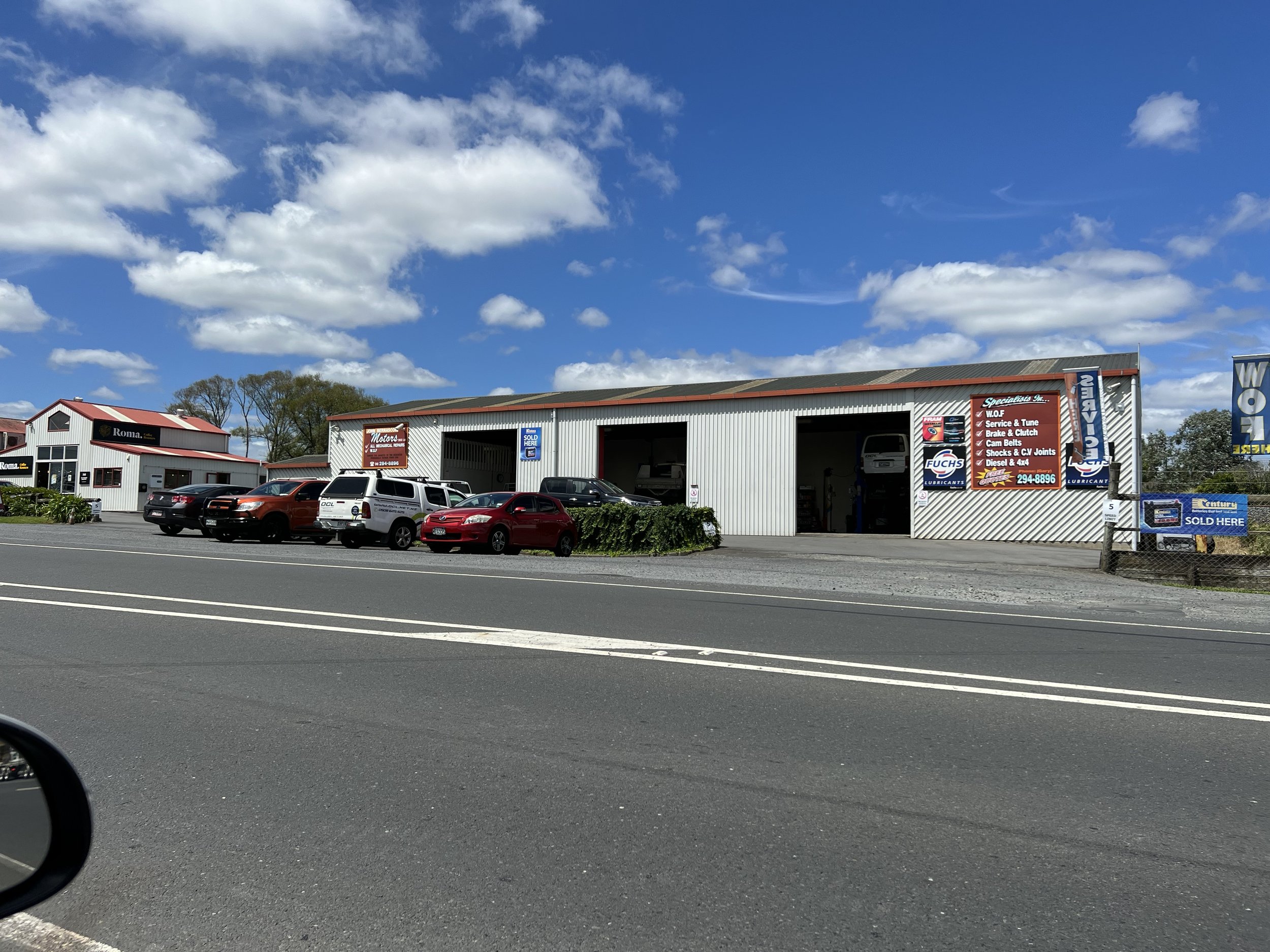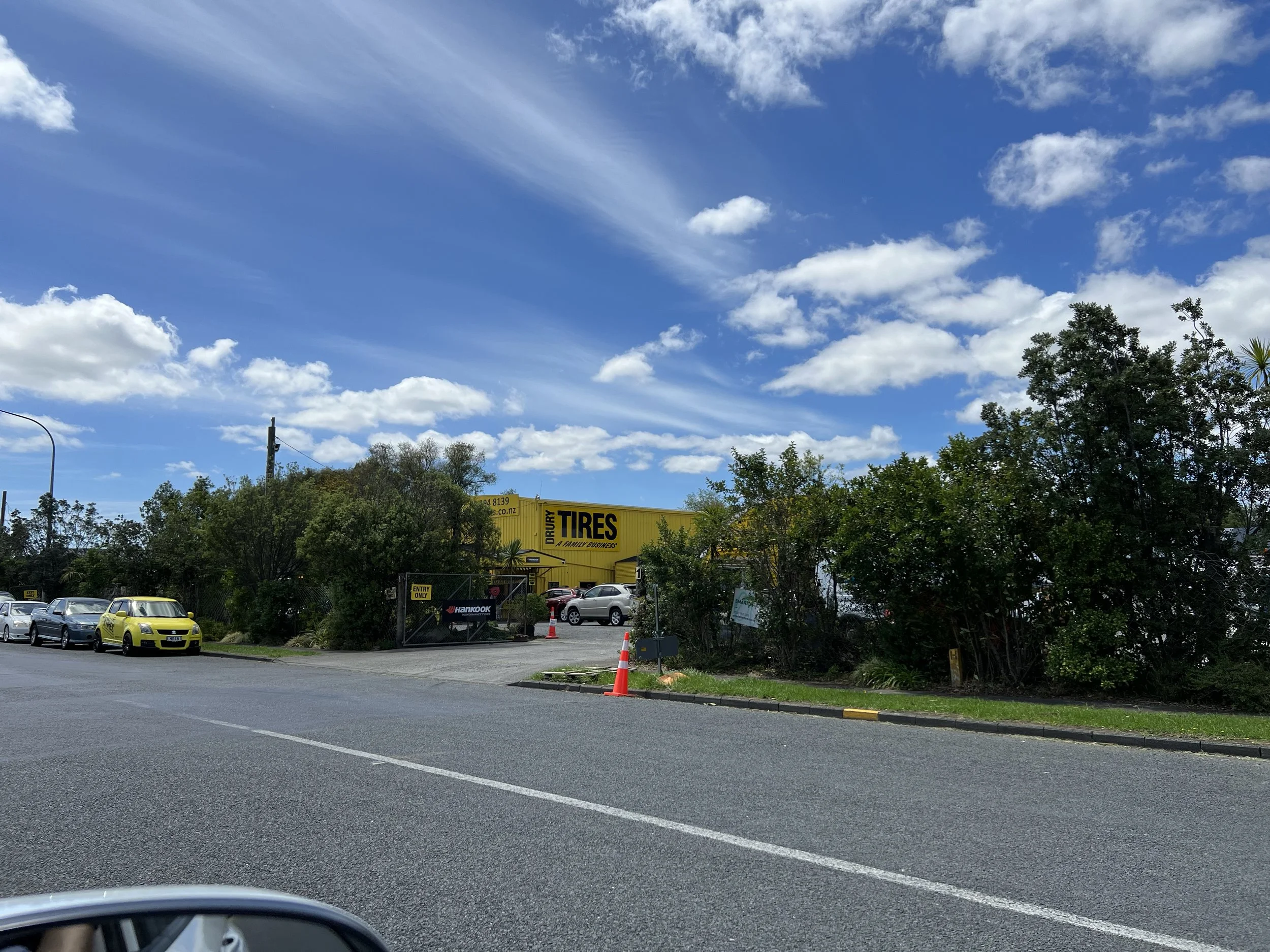How to identify Business Consulting Clients
Have you ever wondered what the secret sauce to spotting potential Business Consulting, Coaching or Advisory clients is?
We’ll unpack the secrets of spotting potential clients from a mile away and how these can be beneficial when introducing yourself to the business owner.
This article is based on Everything Business Consulting Episode 75 - Finding Business Consulting and Coaching Clients.
We put our potential client spotting methods into practice and took a drive around Drury, a rural town located 36km south of Auckland CBD (New Zealand). With a population of 1200 people and around 200 businesses this is a great example of a town (suburb) that you could spend the day prospecting for potential Business Consulting, Coaching or Advisory clients in.
You’d be surprised at just how many businesses out there are suitable for you to work with and with our handy tips you’ll be armed with potential talking points too.
So, what should you look for from the outside?
These are 5 key aspects you should consider before stepping foot into the business to introduce yourself. While all businesses can benefit from working with a Consultant, Coach or Advisor, we’ve observed that there are businesses that typically see greater improvements and businesses that are easier to secure as clients.
Our 5 secret-sauce observations to spotting potential clients are:
Number of cars
General business activity
Whether you are aware of this company?
External indicators
How do you know whether to approach?
If you want to know more about the kinds of businesses to target based on size, industry and situation, check out our blog based on types of businesses.
1. Number of cars
Stand out on the road for a moment and take a look at the number of cars parked outside the business, are there only a couple, or are there a substantial amount?
The more cars typically equals the more employees and from that you can make an assumption on how much turnover the business may be doing, as they’re paying each employee. This can also make a good talking point, as you can use it to ask if there are just 2 (or 10) employees that work there to help gauge the size of the operation.
2. General business activity
Observe for a moment and see if it looks like the business is busy or quiet. Consider things like how many customers' cars are at the workshop if it is an Automotive workshop, or how many customer cars are parked out the front if it’s a gym, restaurant or other service based business.
This is just a general indication, if they’re quiet they probably need your help and equally just because they look busy it doesn’t mean they don’t need your help either. Use this information to inform your conversation with the business owner.
3. Are you aware of the company?
Ask yourself ‘have you heard of this company before?’ And if yes, can you identify how you are aware of this company - was it from word of mouth, have you used their services/purchased from them before or was it from their marketing and advertising efforts?
If it’s the latter, do you know if they are a franchise or co-operative, or are they individually owned? This will help you to gauge whether they are spending money on marketing/advertising and also whether they are part of a larger entity or not, two important considerations around whether they would be able to afford your fee due to the (assumed) level of revenue and also whether or not they would be easy to sign as a client.
4. Any external indicators that someone needs a Business Consultant?
This can be an invaluable method for getting a foot in the door. An example is walking past a shop and seeing a sign saying “staff wanted” or a promotional poster with a too-good-to-be true discount. These are indicators that the business is having challenges or needs some help being able to grow.
As these signs are perfectly visible to anyone walking passed, you’ll find that the business owner will be happy to talk about the vacancy they have open or the promotion they are running.
Enquiring about either of these often leads to a much broader discussion too, and you wouldn’t have picked up on it if you hadn’t stopped outside for a moment to observe.
5. How do I know whether to approach a potential client?
The crux of it is that all businesses are worth approaching, even if some signs may point to them not being the perfect potential client. These considerations we discussed above can give you some external indication, but you never really know until you actually get in and chat to the Business Owner what the real situation is.
Even if your services aren’t right for them, most businesses are interconnected in some way and may have a great referral for you down the road.
All Businesses could benefit from a Consultant, Coach or Advisor
Before you walk in and introduce yourself to the business owner it pays to consider our secret sauce tips on whether or not the business would make a good Business Consulting client for you - take a moment to observe how many cars are in the car park, what is the general business activity like, are you aware of the company already, and if there are any external indicators. These can be invaluable talking points for the initial conversation to help you get a foot in the door.
If you want to know more about the kinds of businesses to target based on size, industry and situation, check out our blog based on types of businesses.




